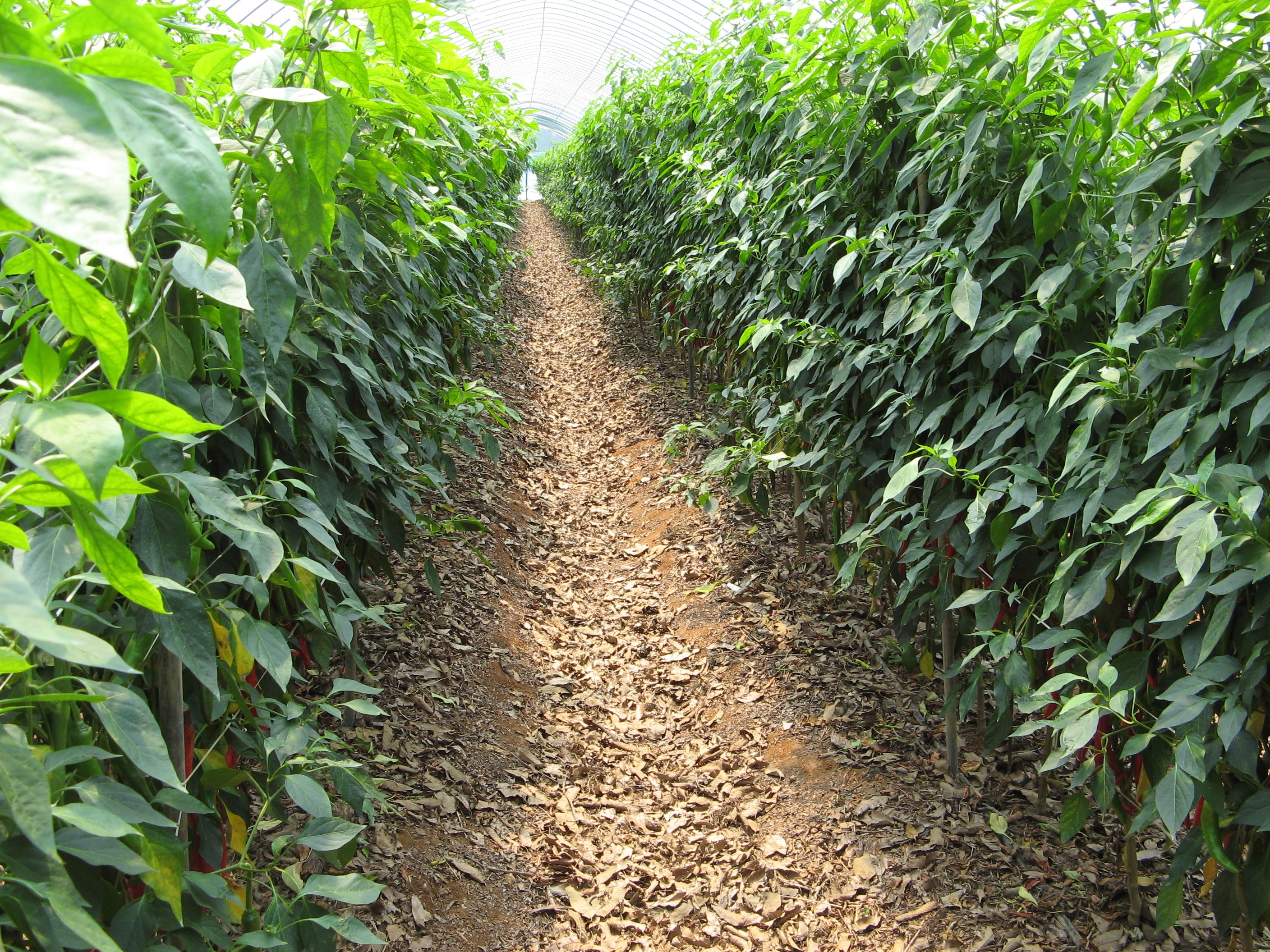Monday, July 25, 2016 - After a review of hundreds of published studies on organic agriculture, Washington State University researchers have concluded that  feeding a growing global population with sustainability goals in mind is possible. The review study, “Organic Agriculture in the 21st Century,” was featured in the February issue of the journal Nature Plants. According to John Reganold, WSU regents professor of soil science and agroecology, and doctoral candidate Jonathan Wachter, "Hundreds of scientific studies now show that organic ag should play a role in feeding the world."
feeding a growing global population with sustainability goals in mind is possible. The review study, “Organic Agriculture in the 21st Century,” was featured in the February issue of the journal Nature Plants. According to John Reganold, WSU regents professor of soil science and agroecology, and doctoral candidate Jonathan Wachter, "Hundreds of scientific studies now show that organic ag should play a role in feeding the world."
The study is the first one to analyze 40 years of science comparing organic and conventional agriculture across the four goals of sustainability identified by the National Academy of Sciences: productivity, economics, environment, and community well being.
Critics have long argued that organic agriculture is inefficient, requiring more land to yield the same amount of food. The review paper describes cases where organic yields can be higher than conventional farming methods. This is especially true in severe drought conditions because of the higher water-holding capacity of organically farmed soils.”
The review emphasized many environmental benefits of organic production:
- Organic farms tend to store more soil carbon, have better soil quality, and reduce soil erosion.
- Organic agriculture creates less soil and water pollution.
- Organic Agriculture lowers greenhouse gas emissions.
- It is more energy efficient because it doesn’t rely on synthetic fertilizers or pesticides.
- Organic agriculture is associated with greater biodiversity of plants, animals, insects and microbes as well as genetic diversity.
Reganold said that feeding the world is not only a matter of yield but also requires examining food waste and the distribution of food. He said, “If you look at calorie production per capita, we’re producing more than enough food for 7 billion people now, but we waste 30 to 40 percent of it. It’s not just a matter of producing enough, but making agriculture environmentally friendly and making sure that food gets to those who need it.”
Bottom Line: This review of hundreds of published studies provides evidence that organic farming can produce sufficient yields, be profitable for farmers, protect and improve the environment, and be safer for farm workers.
Learn more at this link